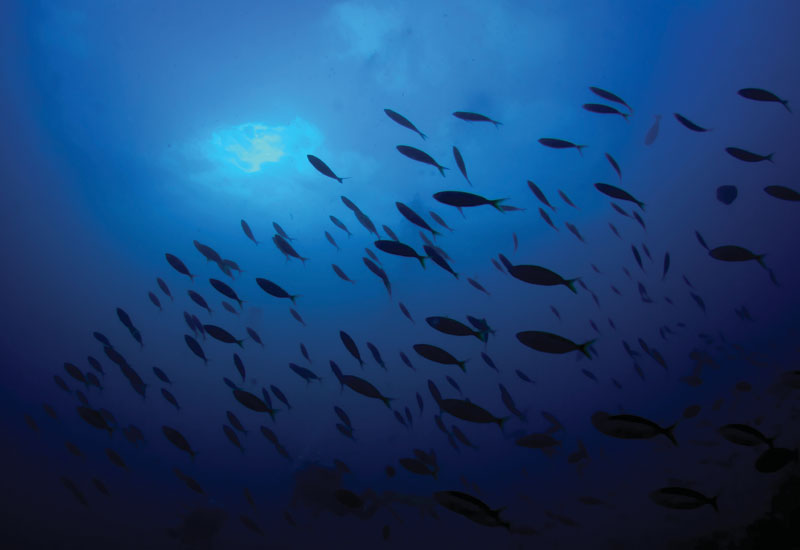A number of UAE-based hotels and restaurants have opted to take Hammour off the menu, but many continue to offer the endangered fish.
Abu DhabiIndian restaurant Ushna is among those that have stopped serving the local orange spotted grouper, in light of recent discussions highlighting over-farming of the slow-producing fish, which is often caught before it has had the opportunity to breed.
Others include Le Royal Meridien Abu Dhabi, the recently-opened Dubai Indian restaurant Memsaab by celebrity chef Anil Kumar, and popular Dubai-based Asian restaurant Mango Tree.

| Advertisement |
“We took Hammour off the menu due to it being so overfished that the size of the hammour we wanted was not always available. We want to support the fish becoming strong in the Gulf sea again. Hammour is a very slow reproducing fish and with the demand so high they can't reproduce fast enough,” said Mango Tree chef Paul Kennedy.
According to the Environment Agency Abu Dhabi, overfishing of Hammour has placed the species on the endangered list. In recent years, Hammour has been over-fished seven times above the level that would allow the species to naturally replenish itself.
Ushna restaurant manager Uday Goel urged other UAE restaurants to stop serving the fish, and to educate diners.
“Sometimes the end consumer misunderstands that local is best, this is not always the case. Many of the local fish are being over farmed and the stocks in the sea are declining. Hammour has historically been the most popular fish in the region so it is only natural for them to ask for it. We then inform them of our initiative, which is also mentioned on the first page of our menu,” said Goel.
Kennedy added: “There is a misunderstanding – people think it is always more sustainable to fish locally – but as we see by the ever-decreasing numbers of Hammour, it is not. Guests do request hammour a lot as it is a local fish, however, we explain that because it is overfished it is not a sustainable fish so we do not want to serve it and 95% of the time the guests understand”.
Both restaurants offer local varieties of Snapper, Bream and Sea Bream as an alternative to Hammour.
However, other outlets in the emirates continue to promote the endangered fish on their menus.
These include Al Waha, an Arabic seafood restaurant recently launched at Taj Palace Hotel Dubai, where diners can choose their own live Hammour from a fish tank in the restaurant.
British seafood restaurant Scott’s, which opened in the Jumeirah at Etihad Towers Abu Dhabi hotel in December, also serves the near-extinct fish, describing it as a dish “you have to have”.
“You try to maintain the integrity of Scott’ but also of the local market and cater to what they would like to see on the menu too,” Jumeirah at Etihad Towers executive chef Loughlin Druhan said.
“Scott’s [in London] is very much about sustainability. It is important for us as well and with most of our menu, you’ll see is very sustainable using fish that are in plenty supply. But you do have clients that prefer certain items. We try not to put it [hammour] on the menu unless it is specifically requested – we try to offer substitutes too where possible and if they are happy taking it, great. It’s not always the case though and at the end of the day we try to keep our customer’s happy – we don’t want to upset our guests,” he added.
By Louise Birchall, with additional reporting by Hannah-Farah Abdulla.









 Search our database of more than 2,700 industry companies
Search our database of more than 2,700 industry companies









